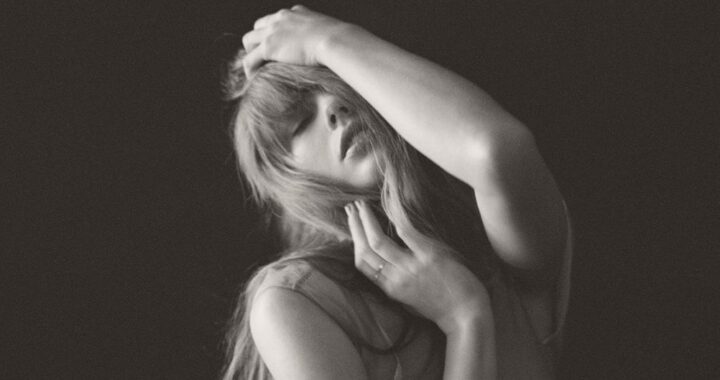Album Review: Fall Out Boy – American Beauty/American Psycho
2 min read
After breaking their hiatus in 2013, releasing the album Save Rock and Roll and topping charts internationally, Fall Out Boy managed to prove their staying power and strengthen their status as one of the defining figures of pop punk in the 2000’s. Two years later, they’re back with American Beauty/American Psycho, the latest step in their revival.
 Their attempts to redefine and modernise their sound on their last album continue on American Beauty/American Psycho, though their musical evolution manifests more in the creation of their songs rather than changing their sound. The album generally stays in the realm of pop punk, with different elements of other styles of rock music finding its way into certain songs, such as the psychedelic bridge in Twin Skeleton’s (Hotel In NYC). It’s well-covered Fall Out Boy territory and very similar to their previous album, albeit much more cohesive as a package.
Their attempts to redefine and modernise their sound on their last album continue on American Beauty/American Psycho, though their musical evolution manifests more in the creation of their songs rather than changing their sound. The album generally stays in the realm of pop punk, with different elements of other styles of rock music finding its way into certain songs, such as the psychedelic bridge in Twin Skeleton’s (Hotel In NYC). It’s well-covered Fall Out Boy territory and very similar to their previous album, albeit much more cohesive as a package.
The musical evolution comes from the extensive use of sampling on the album, with at least four of the songs on the album including material sampled from other songs. This ranges from a vocal sample vocal from Tom’s Diner by Suzanne Vega in the album track Centuries to heavy use of the theme song from The Munsters in Uma Thurman and a guitar riff from Too Fast For Love by Mötley Crüe in the title track, American Beauty/American Psycho. All of these samples work well in the context of their individual songs, with the Munsters’ sample in particular lending a real Tarantino-style flair to Uma Thurman, tying it in to the lyrical references to Thurman’s work in Pulp Fiction.
The use of samples reaches its peak with Fourth Of July, which goes beyond using small elements of other songs to creating something new around another song. This particular song samples Lost It To Trying by electronic musician Son Lux by using it as the foundation of the song, blending the tried and true Fall Out Boy instrumentation with Son Lux’s spacey arrangements and pitched vocals. Despite the heavy use of samples, Fall Out Boy’s original additions still allow it to stand on its own rather than be carried by the source material, which makes it a perfect example of the sampling done on this album.
Weaving these sampled songs between more original material helps to keep the album fresh and make it sound like a new style for the band, despite it staying so close to their previous album. They know they don’t need to radically change their sound to cling to success, yet they’re also open to experimenting with it. American Beauty/American Psycho isn’t exactly what you would call a step in the right direction, but more of a reminder that they’re where they need to be right now.



